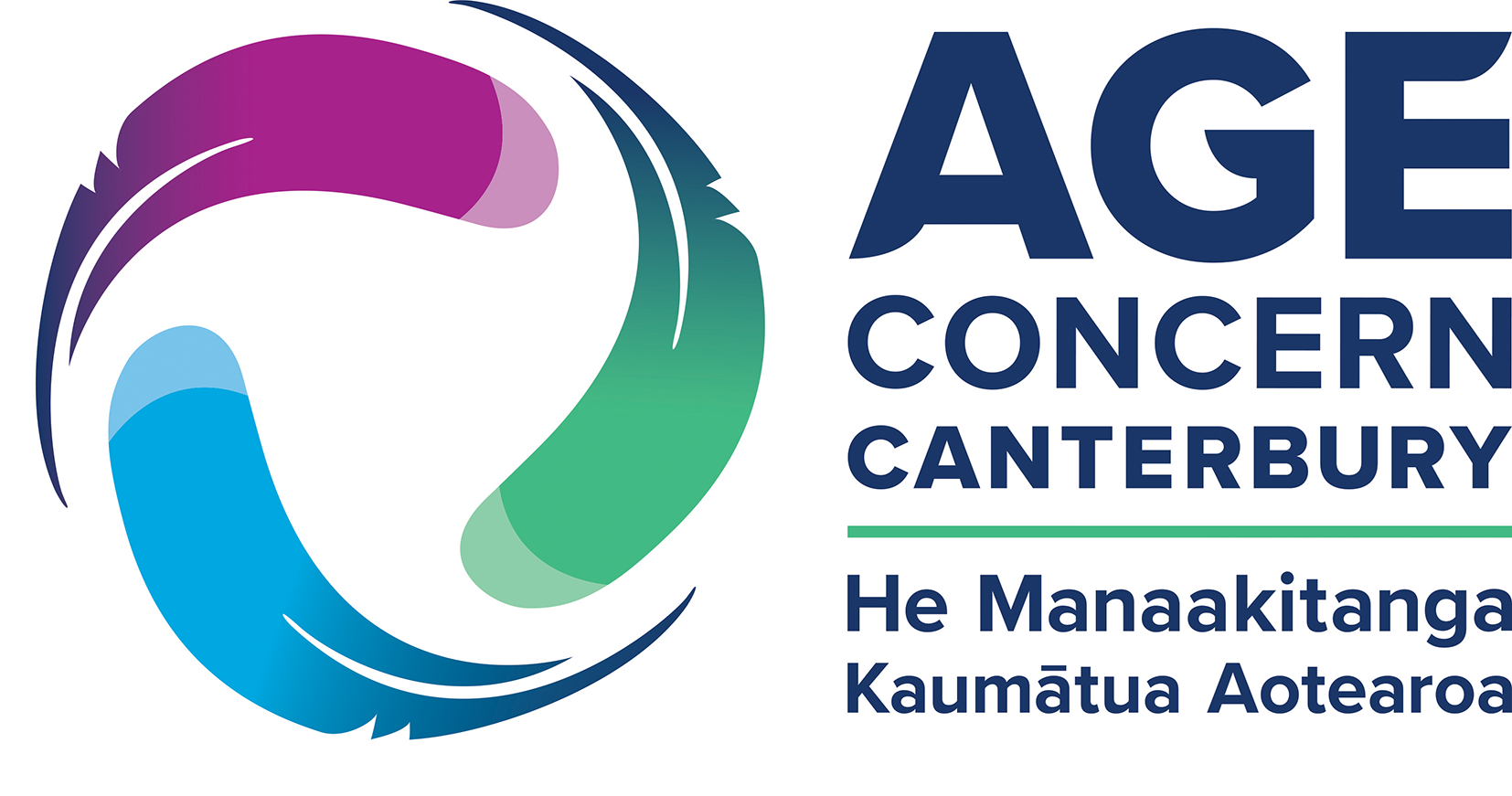Use It Or Lose It – Simple Advice From NZ Memory And Brain Health Experts For Brain Awareness Month
March is Brain Awareness Month so it’s the perfect time for us all to stop and think about what we’re doing to look after our memory and all-round brain health.
Most of us have seen first-hand the devastating effects of age and disease on the brain and memory and while there is no cure Alzheimer’s the exciting news is that getting older doesn’t have to go hand in hand with memory loss. Research now shows that the human brain is growing and changing throughout our lives and we can control three of the four causes of brain aging in just a few minutes a day.
Naturally, the more you do, the better but regardless of whether you are 35 or 80, Brainfit Coach Jude Walter, says it is never too late to start strengthening your brain.
“Amidst the craziness of life, some ‘forgetting’ is quite normal but don’t forgive yourself too easily. Memory lapses not only waste huge amounts of time, they also undermine our confidence and self-belief, says Jude.
“Memory is not a single object you can lose – it is more like a set of abilities that can be continually improved. Remembering is an active process that takes regular practice because when it comes to the brain and memory it really is a case of – use it or lose it!”
So, what are Jude’s top tips for helping to build strong memories and healthy brains?
- Believe in your memory – self-belief is essential to a strong healthy brain. Remember you can control three of the four factors that cause brain aging so never say never and don’t be afraid to try new things.
- Focus – When you pay attention and actively register details you are creating strong memory traces. The more memory traces you have, the easier it will be to recall that information later. Think of it like shining a torch on the information you need to recall later.
- Connect – Try connecting the information you want to remember to something or someone you already know – it could be an image, a funny story, a song. This will help to further strengthen the memory traces and aid recall.
- Rehearse – Repeating the information as soon as possible afterwards is also good for embedding the memory so make a point of telling someone else as soon as you get home or repeat a new person’s name while you are still talking to them.
- Practise – Different parts of the brain are activated by different tasks. The key is to try a variety of activities as newness gives your brain a full workout and keeps the mind sharp. It could be as simple as switching from doing the Sudoku to a jigsaw puzzle once a week, walking to the shops along a different route, trying to memorise your shopping list or adding up the numbers on the number plate in front of you while you sit in traffic. If you can do this, you will see a noticeable improvement in memory in just a few weeks.
- Look after yourself – good food, water, exercise and sleep are essential for all round health and wellbeing, but they are also extremely good for the brain and memory. Exercise helps to improve blood flow to the brain while water and food fuel the brain, which needs twice as much energy than any other cells in your body!
If you would like more tips and practical support to help make brain fitness and wellbeing part of your regular routine, Brainfit have a range of support options to suit people of all ages community classes, online training and activity books. To find out more go to https://brainfit.nz/.
